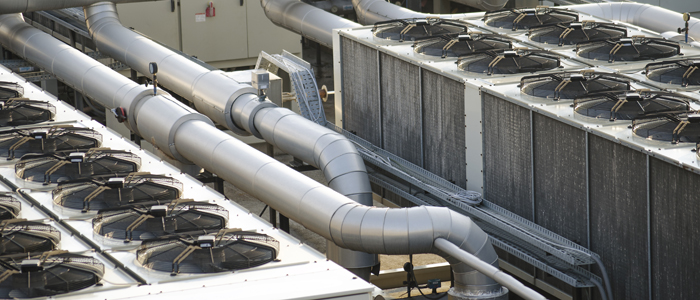
The fundamental way in which an air conditioner works doesn’t change between the home, business, or vehicle, but each system must be incorporated into a slightly different environment. The primary differentiating consideration between residential and commercial air conditioning systems is size: commercial air conditioners are generally designed to service a much larger volume of air, and thus there are a few things that result from size requirements that distinguish them from average residential systems.
Commercial air conditioning systems often require a larger power draw than standard residential systems. Businesses will generally host more people per day than homes, which means that the system must compensate for all that extra body heat. In addition, computers and other equipment will put more heat into the area. This means that the system may have to run more often for larger volumes of air. This often requires more power than a standard residential system to run. Determining the power and size requirements for a commercial system is a technical skill that experienced commercial AC technicians have.
Residential units usually have a single condenser unit outside, and a central unit connected to a system of ducts. Commercial systems, on the other hand, are often based on a rooftop unit. These rooftop systems save space and help minimize the noise interference from the system. Many commercial properties have flat roofs which allow this kind of installation, whereas residential houses will usually have a pitched roof. Keeping all the equipment in one place helps with service and repair, but commercial systems are often far more complex.
Because a commercial system services a larger area with different cooling needs, the space is often broken up into differentiated temperature zones. Each zone has its own thermostat, and the system uses baffles to direct cooled air where it’s necessary. With differentiated temperature zones, people can save energy costs by adjusting the cooling needs for low-traffic versus high-traffic areas, for example storage closets versus an open office area. However, although these zones have traditionally been a distinction between commercial and residential systems, temperature zones have become more and more popular in some residential systems.
Because of the complexity of commercial systems, they require a more complex drainage system. Most residential systems only require a single drain, but commercial systems might need multiple drip pans and drainage pipes to handle more water.
Overall, commercial systems are generally more complex, as they service a larger volume of air in a more complex way. Although some of the distinctions are becoming more uncertain as residences adopt some of the traditionally commercial features, there is still a sharp divide in how each system handles cooling needs, as well as the service and installation requirements. The technicians at All Day Air Cooling & Heating are experienced in handling both kinds of systems, including a wide range of commercial industries. Contact us today at (239) 357-0727 with any questions you might have about any commercial or residential heating or cooling needs.
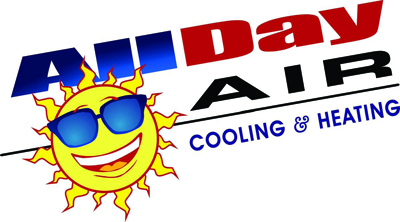


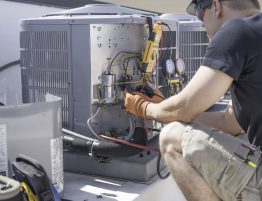


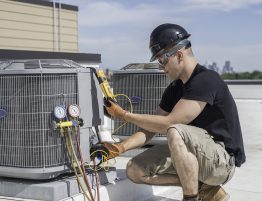
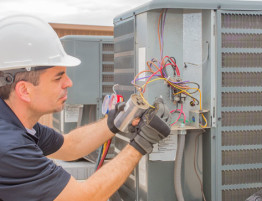

Write a comment:
You must be logged in to post a comment.